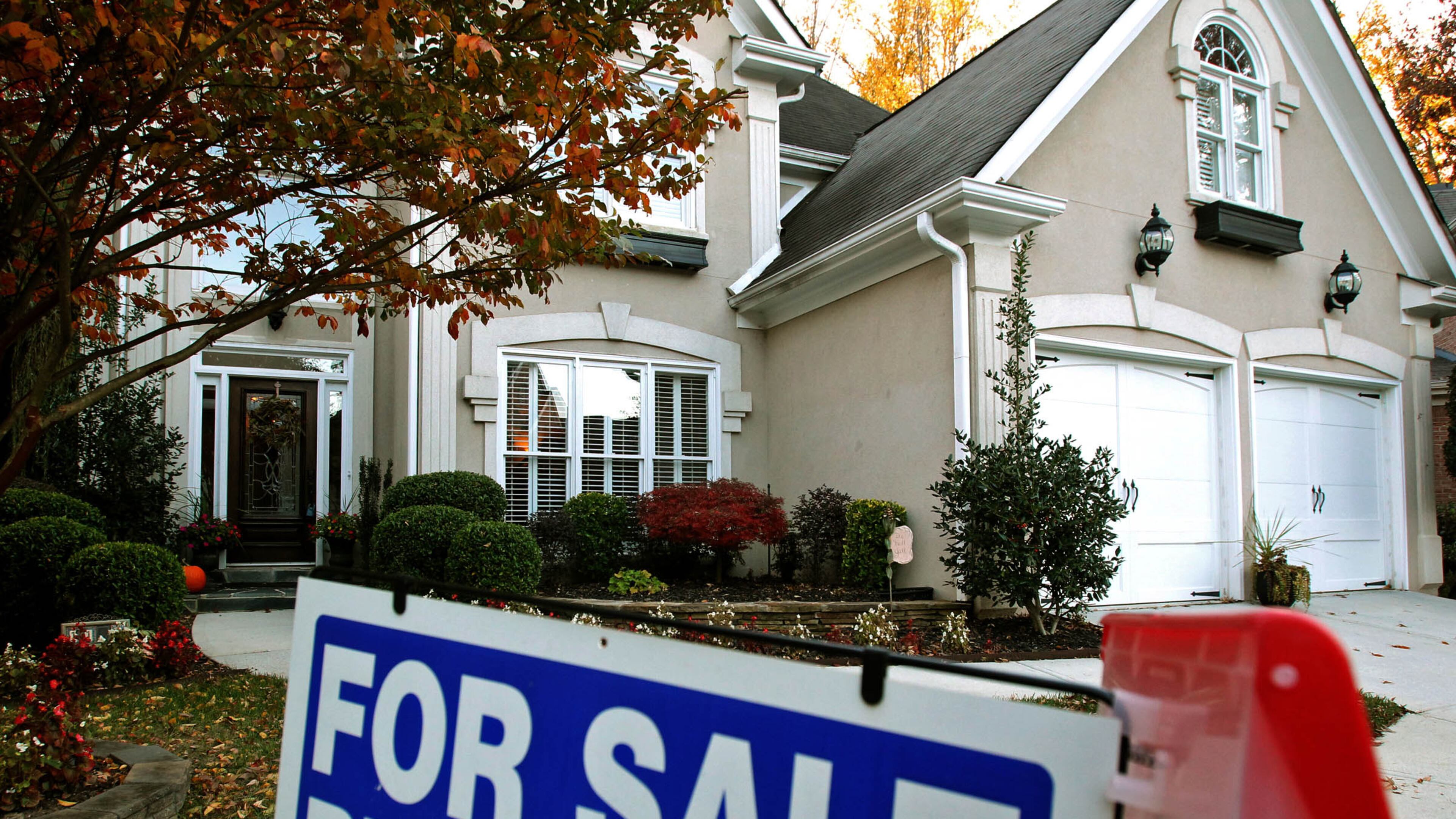Atlanta home prices up 5.4 percent, raising affordability concerns

Metro Atlanta home prices kept on climbing in December, according to a high-profile analysis released Tuesday, but experts question how long the current trajectory can continue.
Home prices crept up 0.3 percent in the last month of 2017 — a month when they typically dip — bringing the region's yearly increase to 5.4 percent, the 15th fastest growing metro. That's slightly behind the national pace of 6.3 percent, according to the monthly report from S&P CoreLogic Case-Shiller Indices.
“The rise in home prices should be causing the same nervous wonder aimed at the stock market after its recent bout of volatility,” said David Blitzer, chairman of the index committee at S&P Dow Jones Indices, which issues the report.
Mortgage rates are up, but the modest lift is not yet slowing the market, he said. “… Some moderation in price gains could be seen later this year.”
Different surveys cover different areas and produce different numbers, but all agree home prices have been rising.
About six years after hitting bottom, prices have rebounded enough to make experts worry about affordability in many areas. The cost of a house in metro Atlanta has increased 70 percent on average since the spring of 2012.
“Just in the last year too, home prices have been growing three times as fast as income,” said Cleve Bellar, Atlanta-based chief marketing officer of ValueInsured, which sells down-payment insurance to homebuyers.
Experts have been saying for several years that the Atlanta market is unbalanced. While there’s much demand, too few owners – especially those who have lower-priced, entry-level homes – are selling.
That has blocked many younger people from buying their first homes.
A ValueInsured survey shows an overwhelming majority of millennials — 77 percent — would like to buy a home. But only 40 percent of them feel the local housing market is healthy.
The market has set a trap, Bellar said. Owners know they can sell easily – but they are worried about what they’ll be able to afford once they do. “Homeowners believe that it is the best time to sell. But they also believe that it’s the worst time to buy.”
That hasn't kept young people keep from moving to the area, said John Rainey, vice president of Re/Max Georgia. But "if you are a young person in your first job and you want a home, it's not a good time."
At least short term, that pressure will lift both rents and home prices. Yet sooner or later, the market has to shift back toward balance, he said. "Maybe it will be new home-building and most of the new building will be in the suburbs. But there really isn't any way to guess how long it will take."
Joseph Kirchner, senior economist for Realtor.com, said that the shortage of homes for sale has become worrisome nationally. “The inventory shortage has become so severe that December showed no slowdown in prices.”
Among the nation’s 20 largest cities, 14 saw prices rise faster than Atlanta’s during the past year. The fastest growth was in Seattle, where prices soared 12.7 percent, according to Case Shiller
Prices were up 11.1 percent in Las Vegas and 9.2 percent in San Francisco.
The slowest growth was in Chicago, where prices inched up an average of 2.6 percent and Washington, D.C., where prices were up 2.8 percent.
Among 20 largest metros, average home price increase, past year
Fastest: Seattle, 12.7 percent
Slowest: Chicago. 2.6 percent
Average: 6.3 percent
Atlanta: 5.4 percent
Source: S&P CoreLogic Case-Shiller Indices



